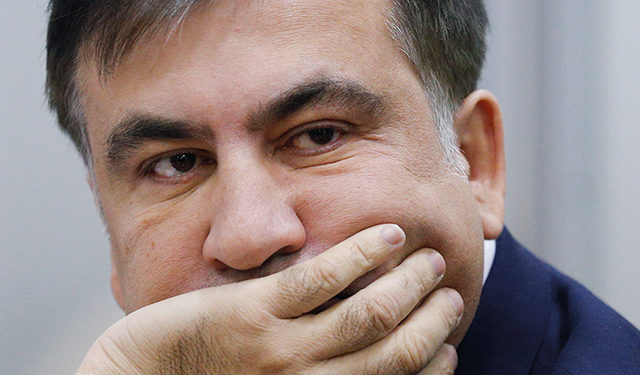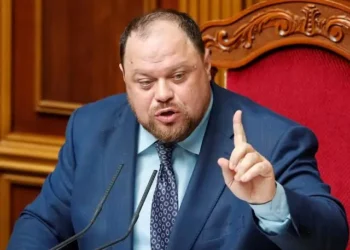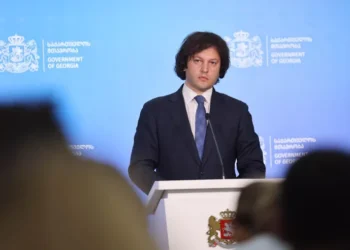Speaking generally, I hate to see people locked up, although I’m sure some of them belong in a penal institution. The Misha I want to figure as the main character of this story recently found his most famous self in one such institution. The guy has served in two very important ranks: President of Georgia and Governor of Odessa, Ukraine. Oddly, and regrettably enough, he is now serving not in the role of a former president but as a regular inmate. Yes, as a regular one, no matter how special he might be on the whole! Why regrettably? Because it’s a bad thing that one of the few presidents of our country is doing time in a mundane reformatory.
Mikhail Saakashvili could not have thought even in his wildest imagination that, on delving into Wikipedia, he might find his name on the list of heads of state and government, who were later imprisoned, sandwiched between the two infamous names of Sa’dun Hammadi and Saddam Hussein, both embossed in history as Iraqi political felons.
Misha was wanted for quite a long time, while he happily trotted the globe and toiled away in countries other than Georgia, ensconced in the most comfortable armchairs in luxurious offices and being driven around in top-of-the-line chauffeured cars. It was a little strange that a person indicted and convicted on several counts in Georgia in-absentia felt himself as snug as a bug in a rug in the friendly-to-Georgia Ukraine. It was something that could have triggered a huge political scandal between the two nations, but somehow they managed to maintain mutual calm, friendship and cooperation. The bilateral diplomatic effort in this regard deserves our kudos, of course.
Misha is now sitting in the cooler, and not only that – he is on hunger strike. The entire nation feels anxious and on-edge about it, because this is, after all, the former head of state of the country. He boasts both friends and adversaries of various caliber in the streets, on TV screens and on the rostrums and podiums. Nobody needs that much headache, but the headache is right there, at the center of the nation’s structure of problems.
In his own day and term, from 2004 until 2013, Saakashvili did not sit just twiddling his thumbs: He was hyperactive, fully into business, and trying to get marked in history as a great leader. But at the same time, he was doing so much wrong that he finally wore away all his initial popularity and ultimately lost the elections. The majority of people decided they didn’t want his presidential services any more: Not only had he lost his good name, but the war with Russia too, and the lands the Georgian people had maintained with unbearable pains ever since the collapse of the Soviet Union. The acme of his downfall was the prison shots of cruel and unusual punishment of inmates, saying nothing of the bloody breakup of demonstrations and badly beaten fellow-citizens, one of them with a lethal finale. And the economic achievements that Misha was so proud of are now going through a professional scrutiny, with the conclusion that many of those successful results might become the subject of further fairer analysis.
As a matter of fact, any leader of any nation leaves a certain wake in the aftermath of his or her activity, and often the legacy has its light and dark sides. This might be true in the case of Misha’s presidency too.
And it is also natural that his numerous friends want to boost his strong points, and the multitude of his opponents are inclined to put forward his weak points. But this is all very trivial and does not deserve serious excitement. What needs more of our attention is that someday in this country, we have to learn how to elect leaders who go down in history peacefully and honorably, so that their successors have no reason or desire to disparage their legacy or nurse the idea of their detention for former misdeeds. The concept of such a continuation of the nation’s story being possible is not completely ripe yet, but the hope is that we might master the ropes someday. As the saying goes – live and learn!
Op-Ed Nugzar B. Ruhadze














